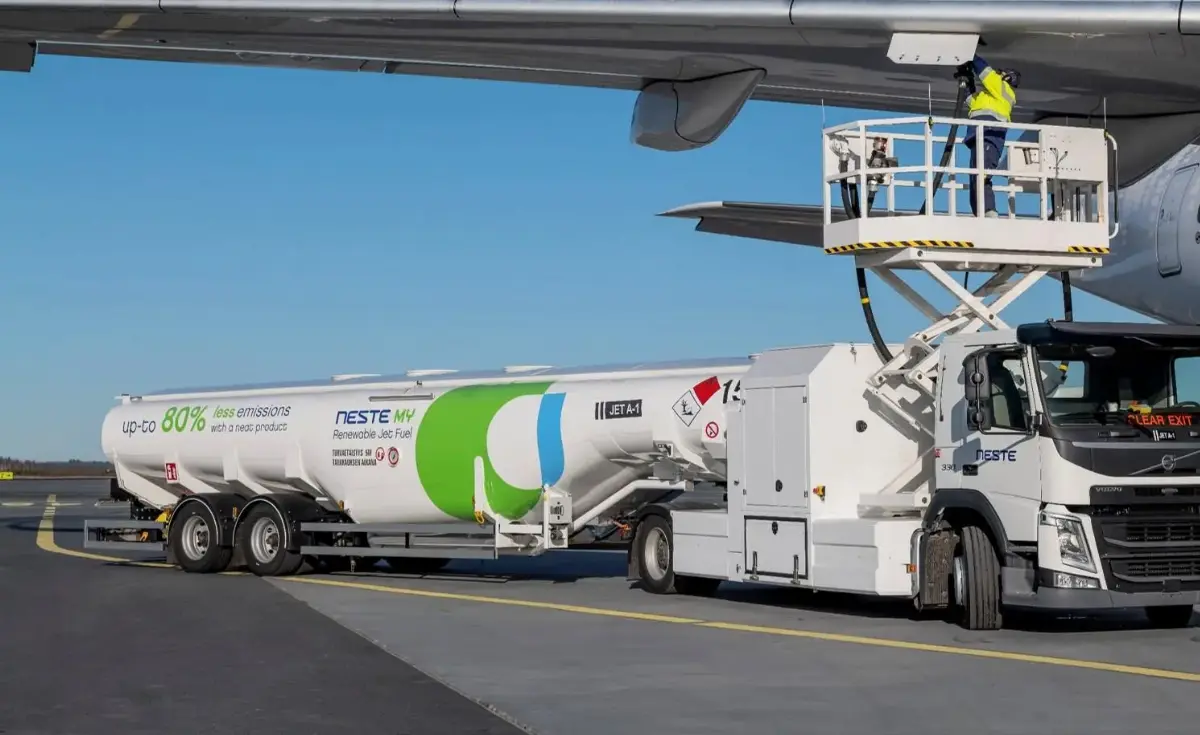
The future of aviation is biofuel
But today it is not available on a large scale and it costs four times more than traditional kerosene

The future of aviation is biofuel. It is supported by most industry experts. This fuel produced from waste of animal and plant origin could in fact be the best way to achieve a global goal: to decarbonise, in various steps, air transport by 2050. However, there is still a lot to do: Sustainable Aviation Fuel ( Saf) is not widely available and costs four times more than traditional kerosene.
The current generation of Saf, that is fuel not produced with fossil raw materials (oil or gas), is created mainly using biogenic residues, such as cooking oils used for frying or used grease from garages. Sustainable Aviation Fuel can reduce up to 75% of the total CO2 emissions produced by an aircraft. The data refers to an aircraft tank refueled 100% with biofuel, that is not mixed.
With this method, a Boeing B-787 aircraft of the Virgin Atlantic company operated a flight from London to New York on 28 November 2023. The aircraft was entirely powered by fuel produced from used cooking oil and plant-based products. Today, however, most airlines can afford to fly with 1% or 2% blends. In any case, the path to the future is outlined.
On the topic, see also the article published by AVIONEWS.
AVIONEWS - World Aeronautical Press Agency